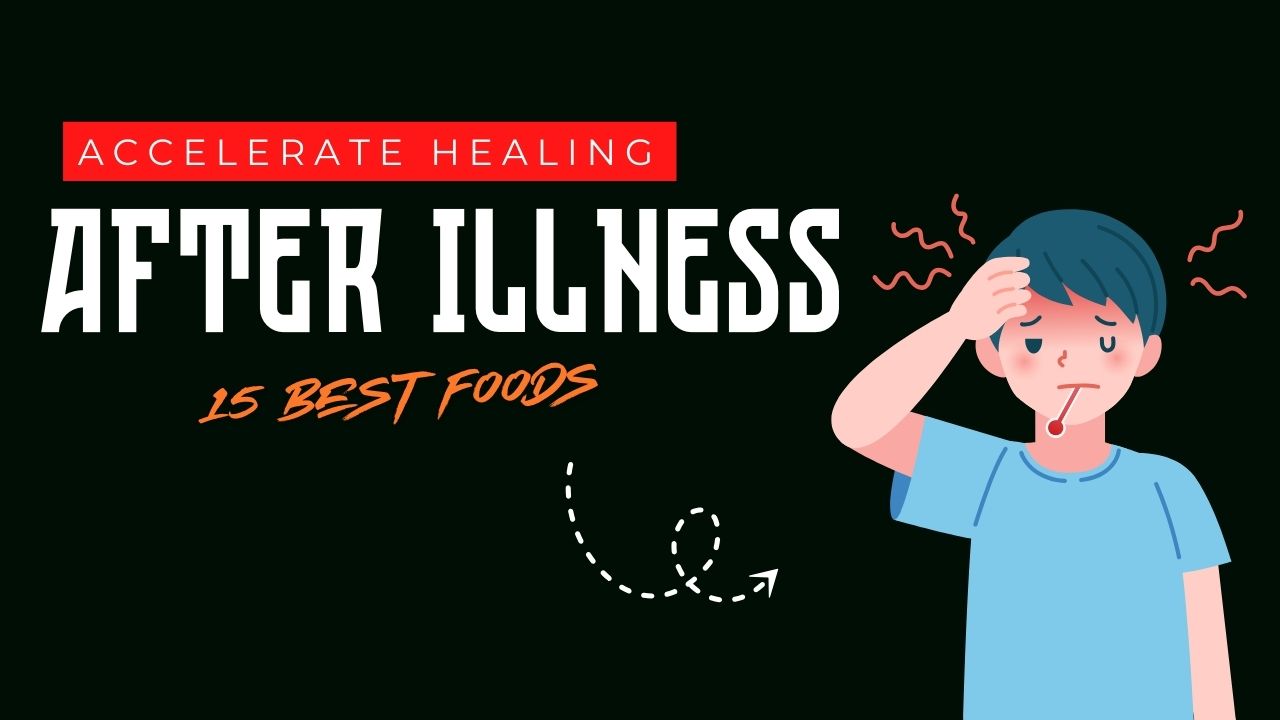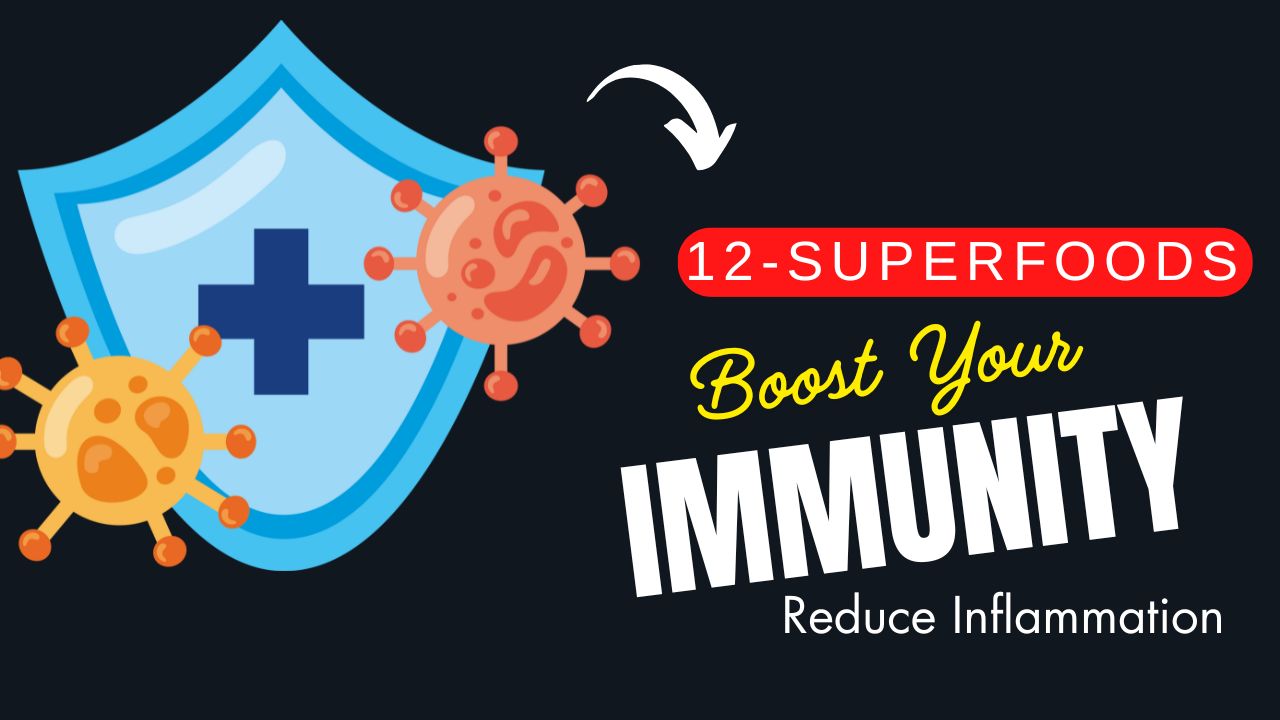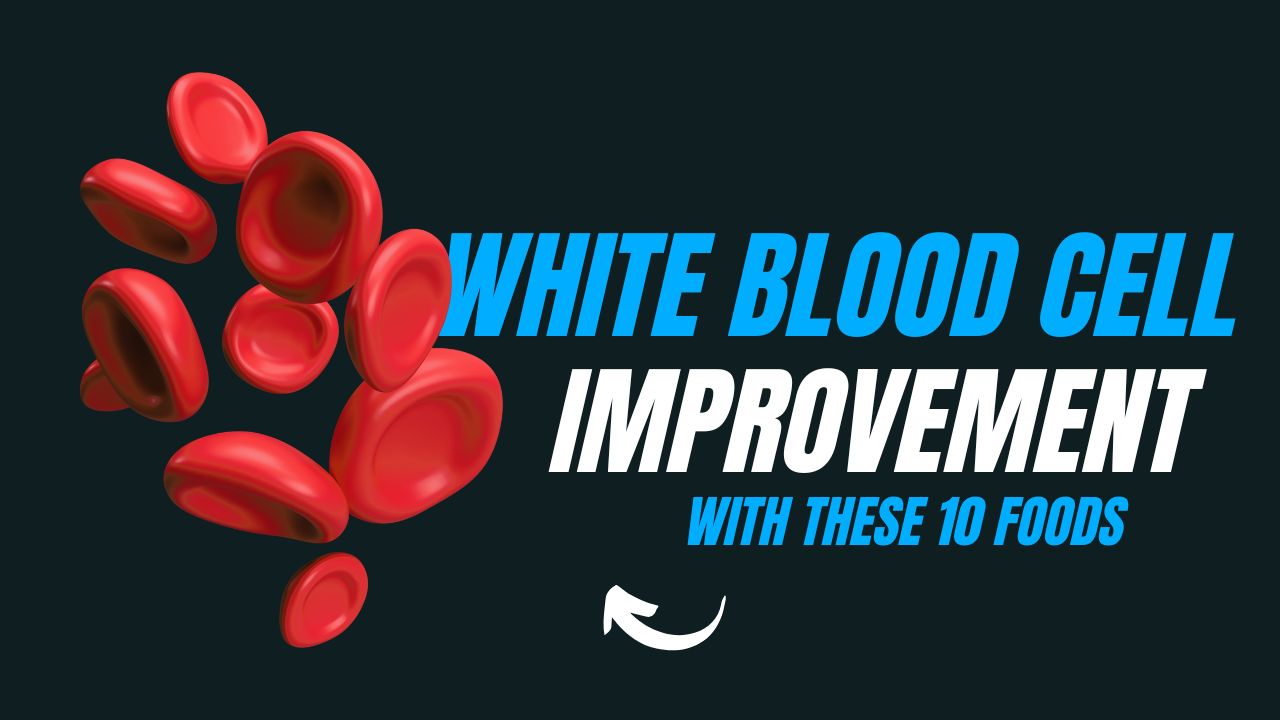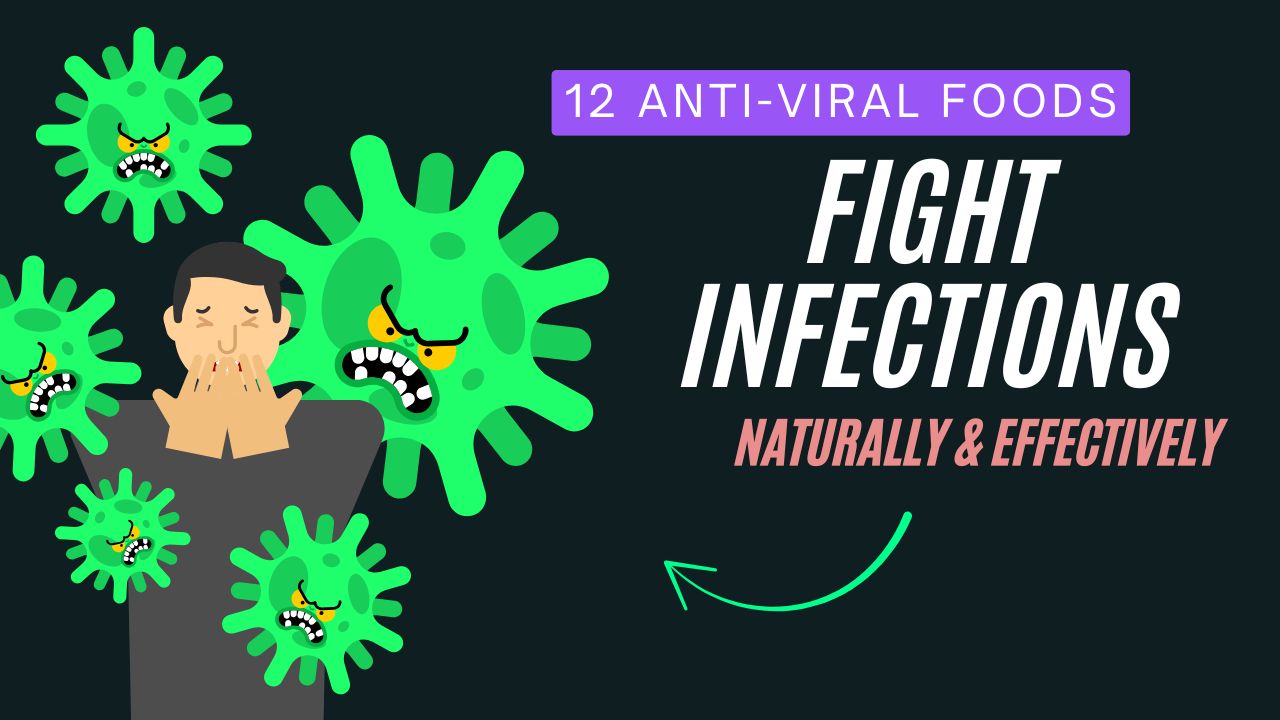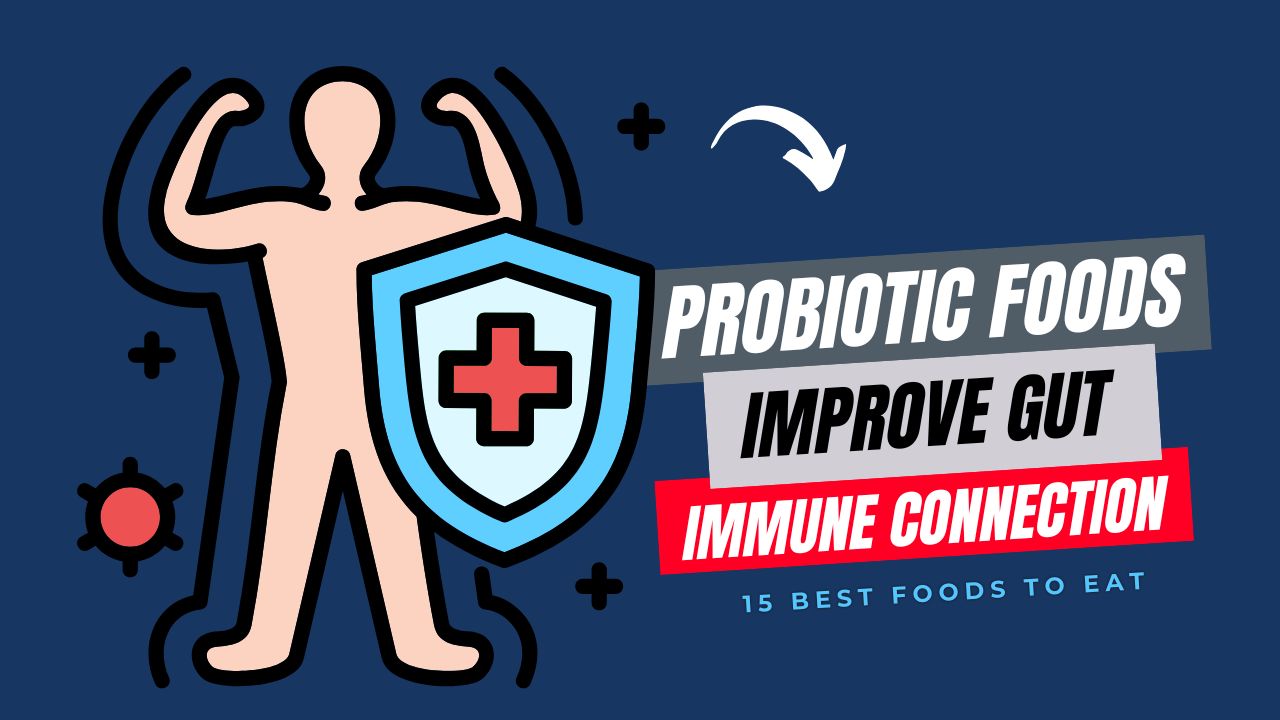Struggling with low energy, reduced strength, or slower muscle recovery? You’re not alone. Research shows that men’s testosterone levels have been declining over the past few decades, leading to issues like fatigue, weight gain, lower libido, and even mood swings. But here’s the good news: your diet can play a huge role in naturally boosting testosterone production.
Did you know? Around 20% of men over 60 experience clinically low testosterone, but lifestyle changes—including eating the right foods—can help keep levels within a healthy range.
Instead of relying solely on supplements, nature has already provided us with powerful foods rich in vitamins, minerals, and antioxidants that support hormonal balance.
In this guide, we’ll dive into 12 testosterone-boosting foods for men, explaining:
- How each food works to improve testosterone.
- The best ways to eat or prepare them.
- Who should include or avoid them.
- Storage and buying tips.
- Do’s & Don’ts for maximum benefits.
- Possible side effects (if any).
Let’s explore how small changes in your diet can lead to big improvements in your energy, performance, and overall health.
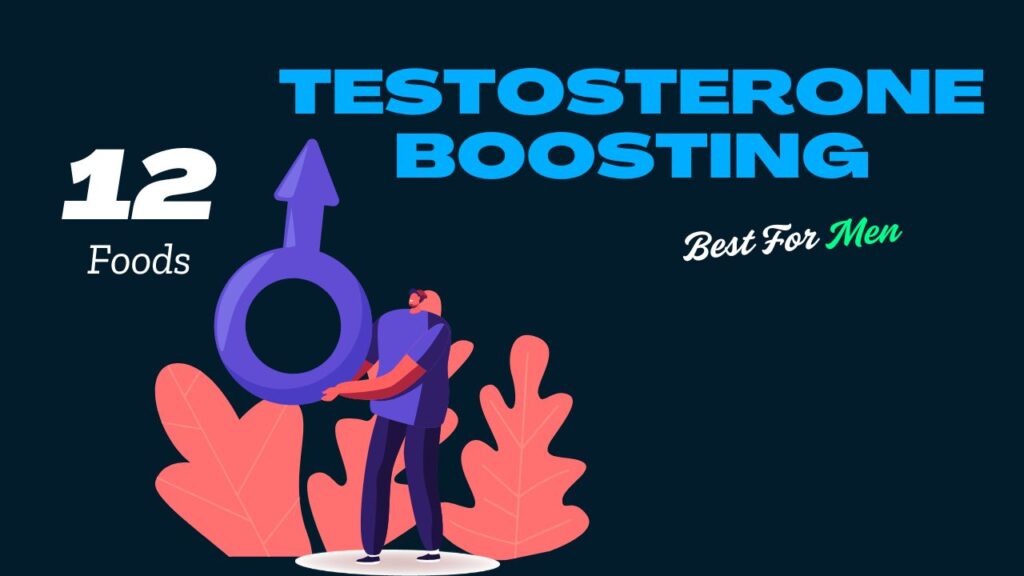
Table of Contents
12 Best Testosterone-Boosting Foods To Eat
1. Eggs
Eggs are one of the best natural testosterone boosters because they’re packed with protein, vitamin D, and cholesterol—all key ingredients for testosterone production.
Best Ways to Eat or Use It
- Boiled, poached, or scrambled.
- Add to salads or whole-grain toast for a balanced meal.
- Use egg yolks moderately, as they contain the cholesterol that helps synthesize testosterone.
Who Should Eat / Avoid
- Good for: Athletes, men with active lifestyles, and those needing high-quality protein.
- Avoid/Limit if: You have high cholesterol or certain heart conditions (consult your doctor).
Storage & Buying Tips
- Choose pasture-raised or organic eggs for higher nutrient density.
- Store in the refrigerator, preferably in their carton, to maintain freshness.
Do’s & Don’ts
✅ Do: Eat both yolk and white for maximum benefits.
❌ Don’t: Overcook, as it reduces nutrient quality.
Possible Side Effects
Overeating eggs may raise LDL cholesterol in sensitive individuals.
2. Tuna
Rich in vitamin D and omega-3 fatty acids, tuna supports testosterone production and improves heart health.
Best Ways to Eat or Use It
- Fresh grilled tuna steaks.
- Canned tuna in water for a quick protein boost.
- Mix into salads or wraps.
Who Should Eat / Avoid
- Good for: Men lacking vitamin D, athletes, and weight-loss seekers.
- Avoid/Limit if: Concerned about mercury exposure—limit canned tuna to 2–3 times per week.
Storage & Buying Tips
- Fresh tuna should smell mild, not fishy.
- Store canned tuna in a cool, dry place.
Do’s & Don’ts
✅ Do: Opt for wild-caught tuna.
❌ Don’t: Overconsume due to mercury concerns.
Possible Side Effects
Excessive intake may lead to mercury accumulation.
3. Oysters
Known as the “aphrodisiac of the sea,” oysters are loaded with zinc, a mineral directly linked to testosterone and fertility.
Best Ways to Eat or Use It
- Raw with lemon juice.
- Grilled or lightly steamed.
- Add to seafood stews or soups.
Who Should Eat / Avoid
- Good for: Men with low libido, fertility issues, or zinc deficiency.
- Avoid/Limit if: You have shellfish allergies.
Storage & Buying Tips
- Buy from trusted sources; oysters spoil quickly.
- Keep chilled and consume within a day of purchase.
Do’s & Don’ts
✅ Do: Eat fresh oysters for maximum zinc.
❌ Don’t: Eat raw oysters from questionable sources (risk of food poisoning).
Possible Side Effects
Raw oysters may carry bacteria if not stored properly.
4. Garlic
Garlic contains allicin, which helps lower cortisol (stress hormone). Lower cortisol allows testosterone to function more effectively.
Best Ways to Eat or Use It
- Raw garlic cloves in salads or dressings.
- Cooked into soups, stir-fries, or roasted vegetables.
Who Should Eat / Avoid
- Good for: Men under stress, athletes, and heart-health seekers.
- Avoid/Limit if: You have digestive issues or are on blood-thinning medication.
Storage & Buying Tips
- Store in a cool, dry place.
- Avoid refrigerating whole bulbs.
Do’s & Don’ts
✅ Do: Crush garlic and let it rest before cooking (activates allicin).
❌ Don’t: Overcook, as heat destroys active compounds.
Possible Side Effects
Can cause bad breath or stomach upset if eaten raw in excess.
5. Spinach
A natural testosterone-friendly green, spinach is high in magnesium, which helps free testosterone from binding proteins.
Best Ways to Eat or Use It
- Fresh in salads or smoothies.
- Lightly steamed or sautéed.
Who Should Eat / Avoid
- Good for: Athletes, men with magnesium deficiency.
- Avoid/Limit if: You have kidney stones (due to oxalates).
Storage & Buying Tips
- Choose dark green, crisp leaves.
- Store in the fridge with a damp paper towel.
Do’s & Don’ts
✅ Do: Combine with vitamin C-rich foods for better absorption.
❌ Don’t: Overcook to mush—it reduces nutrients.
Possible Side Effects
May interfere with calcium absorption if eaten in very large amounts.
6. Avocados
Loaded with healthy fats, vitamin E, and potassium, avocados support hormone production and reduce bad cholesterol.
Best Ways to Eat or Use It
- Mashed on toast.
- In smoothies or salads.
- As guacamole dip.
Who Should Eat / Avoid
- Good for: Men seeking healthy fats and energy.
- Avoid/Limit if: You’re on a very low-fat diet.
Storage & Buying Tips
- Choose slightly soft avocados.
- Ripen at room temperature; refrigerate when ripe.
Do’s & Don’ts
✅ Do: Pair with protein-rich meals.
❌ Don’t: Leave cut avocado exposed—oxidizes quickly.
Possible Side Effects
Excess intake can add calories and cause weight gain.
7. Ginger
Ginger has been shown to improve testosterone levels, enhance sperm quality, and reduce inflammation.
Best Ways to Eat or Use It
- Fresh ginger tea.
- Added to stir-fries, smoothies, or soups.
Who Should Eat / Avoid
- Good for: Men with fertility concerns, digestive issues, or athletes.
- Avoid/Limit if: You’re taking blood-thinners.
Storage & Buying Tips
- Store in a cool, dry place or refrigerate peeled ginger.
- Freeze for long-term use.
Do’s & Don’ts
✅ Do: Use fresh ginger for best potency.
❌ Don’t: Overuse powdered ginger—it’s less effective.
Possible Side Effects
Large amounts may cause heartburn.
8. Pomegranates
Rich in antioxidants, pomegranates improve blood circulation and support testosterone.
Best Ways to Eat or Use It
- Fresh seeds as a snack.
- Juice (without added sugar).
Who Should Eat / Avoid
- Good for: Men with heart concerns or low libido.
- Avoid/Limit if: You have diabetes—monitor juice intake.
Storage & Buying Tips
- Select heavy, firm pomegranates.
- Store whole at room temperature; refrigerate seeds.
Do’s & Don’ts
✅ Do: Eat seeds directly for fiber benefits.
❌ Don’t: Depend only on juice (high sugar).
Possible Side Effects
Too much juice may spike blood sugar.
9. Almonds
Rich in vitamin E and healthy fats, almonds help regulate hormones.
Best Ways to Eat or Use It
- Raw as a snack.
- Almond butter spread.
- Add to salads or oatmeal.
Who Should Eat / Avoid
- Good for: Athletes, weight-loss seekers.
- Avoid/Limit if: You have nut allergies.
Storage & Buying Tips
- Store in airtight containers.
- Keep in cool, dry places.
Do’s & Don’ts
✅ Do: Eat raw or lightly roasted.
❌ Don’t: Buy salted or sugary-coated almonds.
Possible Side Effects
Excess may cause weight gain.
10. Olive Oil
Olive oil, particularly extra virgin, increases luteinizing hormone, which signals testosterone production.
Best Ways to Eat or Use It
- Drizzle over salads.
- Use for light cooking.
Who Should Eat / Avoid
- Good for: Men seeking heart and hormone health.
- Avoid/Limit if: You’re on a very low-fat diet.
Storage & Buying Tips
- Store in a dark bottle, away from heat.
- Choose cold-pressed varieties.
Do’s & Don’ts
✅ Do: Use raw as a dressing.
❌ Don’t: Heat excessively—it breaks down nutrients.
Possible Side Effects
Excessive intake may lead to weight gain.
11. Beef
Certain cuts of beef are rich in zinc and vitamin D, both essential for testosterone.
Best Ways to Eat or Use It
- Grilled lean steak.
- Ground beef in moderation.
Who Should Eat / Avoid
- Good for: Men needing high protein and zinc.
- Avoid/Limit if: You have gout or high cholesterol.
Storage & Buying Tips
- Buy grass-fed for better nutrient profile.
- Store in freezer if not cooking soon.
Do’s & Don’ts
✅ Do: Choose lean cuts.
❌ Don’t: Overconsume processed beef (like sausages).
Possible Side Effects
High intake linked to cholesterol issues.
12. Bananas
Bananas contain bromelain enzyme, which may help boost testosterone, along with potassium for energy.
Best Ways to Eat or Use It
- Fresh as a snack.
- In smoothies or with oatmeal.
Who Should Eat / Avoid
- Good for: Athletes needing quick energy.
- Avoid/Limit if: You have high blood sugar levels.
Storage & Buying Tips
- Buy slightly green bananas and let ripen at home.
- Store at room temperature.
Do’s & Don’ts
✅ Do: Eat before workouts for energy.
❌ Don’t: Refrigerate unripe bananas.
Possible Side Effects
Excess can raise blood sugar.
Conclusion
Testosterone plays a vital role in men’s energy, strength, mood, and overall well-being. While levels naturally decline with age, the right foods can help boost production and maintain balance.
From protein-rich eggs and zinc-packed oysters to antioxidant-rich pomegranates and heart-healthy olive oil, these foods provide the building blocks your body needs for optimal hormone function.
Start small—add spinach to your lunch, swap processed oils for extra virgin olive oil, or enjoy a handful of almonds as a snack. Over time, these habits can lead to noticeable improvements in energy, muscle strength, and vitality.
Which of these foods will you add to your next meal? Share your favorite testosterone-boosting recipe or tip in the comments below!
Frequently Asked Questions (FAQs)
Which foods increase testosterone the fastest?
Foods rich in zinc, vitamin D, and healthy fats—such as oysters, tuna, eggs, and olive oil—are some of the most effective for quickly supporting testosterone levels.
Can diet alone boost testosterone?
Yes, diet plays a major role. Eating nutrient-rich foods, exercising regularly, managing stress, and getting enough sleep together help maximize testosterone naturally.
How long does it take for foods to improve testosterone levels?
It depends on lifestyle and health conditions, but consistent changes in diet may show results in a few weeks to a couple of months.
Do bananas really boost testosterone?
Bananas contain bromelain, an enzyme that may support testosterone production, and potassium that improves energy levels, making them a helpful addition to a testosterone-friendly diet.
Should I take supplements or rely on foods?
Whole foods are the best natural source of testosterone-boosting nutrients. Supplements can help if you have deficiencies, but consult a healthcare professional before starting them.
Can eating too much of these foods be harmful?
Yes. Overeating certain foods (like red meat, tuna, or eggs) can raise cholesterol or mercury levels. Balance and moderation are key.
Are these foods safe for older men?
Absolutely. Many of these foods—like spinach, olive oil, and pomegranates—are especially beneficial for older men, supporting both hormone balance and overall health.
Can women eat testosterone-boosting foods?
Yes. These foods are healthy for women too, as they support hormone balance, energy, and fertility. Women naturally have lower testosterone, so the effect will be different.
What lifestyle changes, besides diet, help increase testosterone?
Regular strength training, reducing stress, improving sleep, and maintaining a healthy weight all contribute significantly to healthy testosterone levels.
Which food is considered the “king” of testosterone boosters?
Oysters are often called the ultimate testosterone food due to their exceptionally high zinc content, a mineral directly linked to testosterone production.





